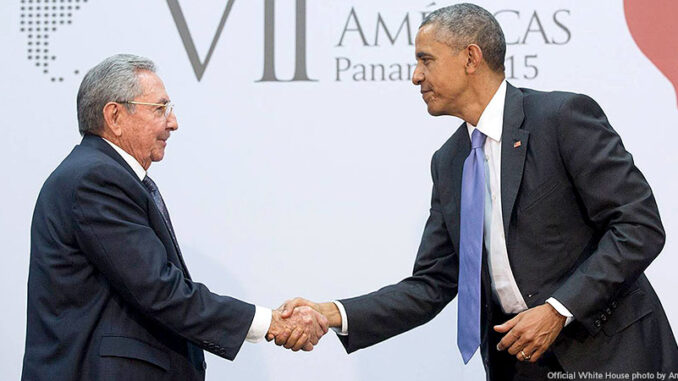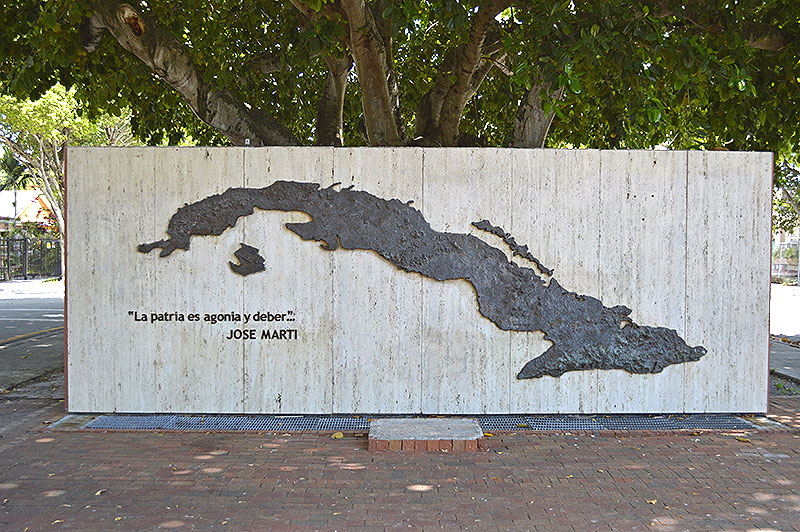
At the beginning of the year, btw brought you news of President Obama’s announcement of a historic shift in the United States’ relationship with Cuba. Earlier this month, the leaders of the two countries sat down together for the first time in formal talks. Both were present at the Summit of the Americas, a regional conference for all 35 independent “states” (countries) in the geographic areas of North, South, and Central America. This is the first year Cuba has been permitted to attend.
Diplomatic Challenges
In 1994, the Organization of the American States (OAS) held its first Summit of the Americas. Every three years, heads of State and governments from the represented countries gather to discuss policy and determine actions based on common goals. The theme of this year’s event, held in Panama City, Panama, was Prosperity with Equality: the Challenge of Cooperation in the Americas. This seemed particularly appropriate given recent developments in the region.
While talks with Cuba are moving cautiously forward, relations with Venezuela remain considerably strained. In December 2014, President Obama declared the country, “an unusual and extraordinary threat to the national security [of the U.S.].” He signed legislation that imposed sanctions (mainly a denial of visas and the freezing of assets) on certain Venezuelan government officials accused of human rights violations. In response, Venezuela’s president, Nicolas Maduro, drafted a petition signed by millions of his citizens and publically demanded that President Obama repeal the decree.

Eyes on Cuba
Despite the other agendas taking place at the Seventh Summit of the Americas, the world’s eyes remained fixed on Cuba. At a press conference that concluded the conference, President Obama and Cuban President Raul Castro, said that they would continue to take steps that advanced their mutual interests, despite their different views in how to best organize society. Both men said they will agree to disagree, but continue forward with respect. One of the first actions expected (but not yet confirmed) is for the U.S. to remove Cuba from its list of state sponsored terrorism.
Not everyone is in favor of improved diplomatic relations with Cuba. Republicans in particular have argued that this direction sets a bad precedent for the United States in dealing with countries with a history of human rights abuses. One of the most vocal opponents of weakening the stance against Cuba is Marco Rubio, a Republican Senator from Florida, who is of Cuban descent. Rubio accused the president of being naive and believes that the proposed changes will only empower Fidel Castro’s regime.
Pope Francis, who played a crucial role in the initial talks between Mr. Obama and Raul Castro, is reportedly considering a visit to Cuba. Many believe the pope has the unique ability and Latin America history to continue to act as a bridge-builder between the nations. Pope John Paul II visited the country in 1998, and made a plea then for Cuba to be open to the world.
